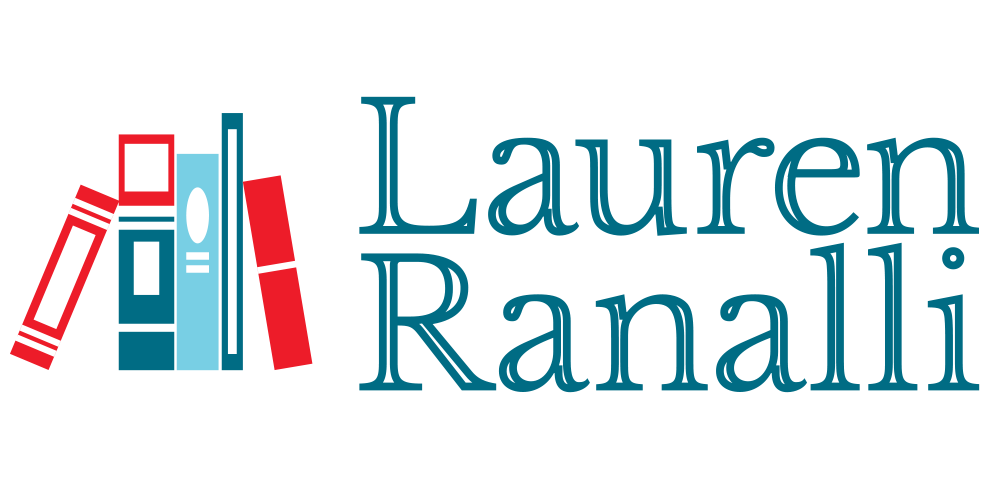4 Types of Editors
My second book had a typo. I still cringe when I think about it.
How many times had I read that manuscript? How many friends and family members did I ask to review it before I sent the book to print? Too many to count.
So this week, I'm keeping my message short and sweet: You need an editor.
But here's the thing, not all editors are created equal. And by that, I don't just mean that some are better than others. I mean that there's not just one type of editor. And you may need more than one at different stages of your author journey. Let’s take a closer look.
4 Types of Editors- and why you need them:
Writing Coach: This is someone you can engage from the beginning of the writing process and who can serve as your guide. They may help with brainstorming, editorial feedback, and keeping you accountable to your targets and deadlines.
Developmental Editor: This person can review your manuscript at the highest level, helping you with the plot, character development, theme, and overall marketability of your book. They can provide feedback on strengths and weaknesses to make sure you are telling your story in the best possible way.
Copy Editor: A good copy editor will help with grammar, punctuation, line edits, readability, and word choice. They will help polish up the final version of your book.
Proofreader: When you’re ready to publish, a proofreader will make sure that no mistakes were made between taking your manuscript from its original version (in Microsoft Word or PDF, for example) to the final product. A proofreader will look for formatting issues, awkward line breaks, or missing details from the illustrations (which is where the typos occurred in my second book! Ahh!).
Do you need all 4 types of editors? Maybe not. Can some editors provide more than 1 of these services? Definitely. Is investing in an editor one of the smartest moves you can make? Absolutely!
And if you're like me and have made this same mistake, take heart in knowing that the first edition of Harry Potter had typos in it. It can happen to anyone, but let's make sure it doesn't happen to you!
How has editing been helpful to you? Share in the comments below!
Finding an editor is just 1 step in the self-publishing process. Want to make sure you are taking all of the correct steps to publish and market your book?


